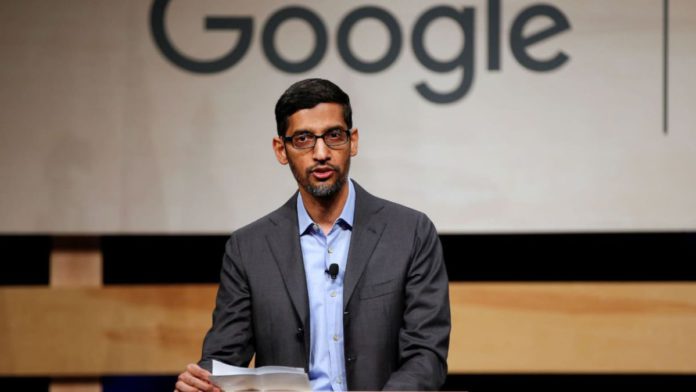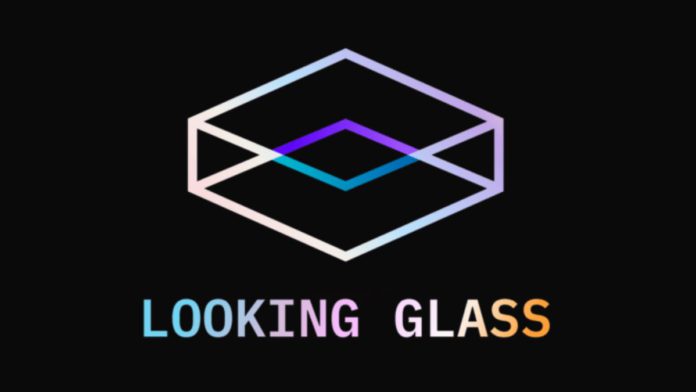The socialite and reality show star Paris Hilton has collaborated with the virtual gaming platform The Sandbox to develop “Parisland,” a hybrid of an interactive TV show and a game.
Starting on February 13, gamers will be able to virtually meet other players, accomplish tasks, and eventually choose a partner. This will be just in time for Valentine’s Day.
According to a statement from Sandbox, Paris Hilton serves as their host in “Parisland,” a romantic metaverse journey that takes place on a tropical island. The hybrid reality TV game show will run from February 13 to March 13 and span exactly one month.
Read More: Indian Army To Receive AI-Based Threat Assessment Software
Players can receive special gifts as they participate in Paris’ reality program, which has unique challenges like saving a castaway or discovering the secret recipe for the chef’s renowned Love Burger.
After finishing all tasks and deciding on a partner, players will virtually attend their wedding, with Paris Hilton herself as the DJ for their special night. Hilton also shared the announcement on her Twitter account along with a little video teaser and the registration link.
The post said, “Get ready to party on the beach, pick up cute collectibles and explore my newest tropical Parisland metaverse! I’m launching a new experience in @TheSandboxGame on February 13.”











